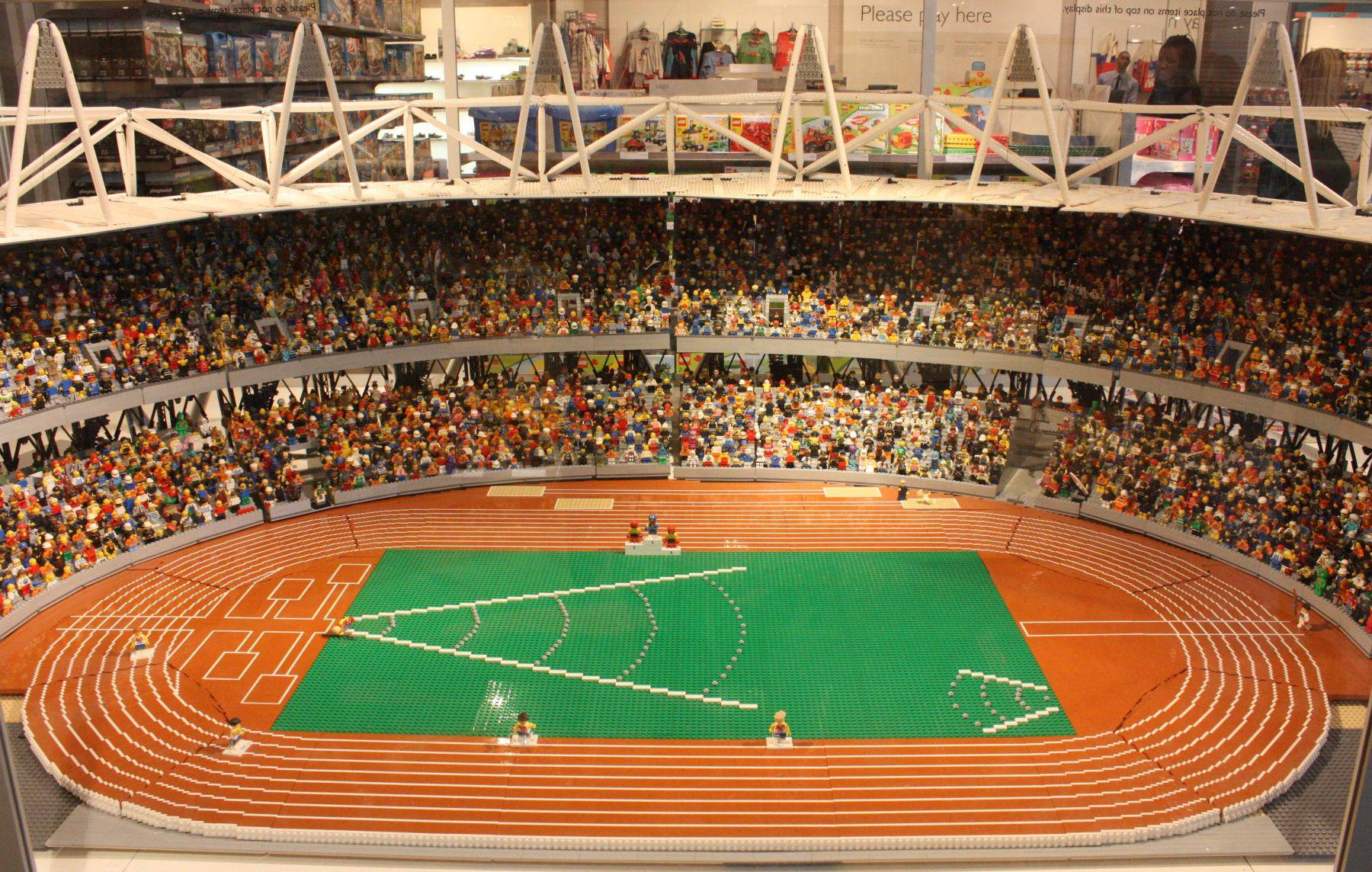I’ve said before that billing by the hour is a bad idea. It allows your client to save money by insisting tasks should take less time. Therefore, if you want to earn more, then tasks need to take longer. While billing by the hour is a bad idea, that doesn’t mean you shouldn’t track your time.
There are a bunch of benefits to tracking your time even if it’s divorced from your billing. My friend Diane talked about it on a recent podcast as well.
Tracking your time is essential for a smart business owner, and will help you know how close your ideal week matches up with what actually happens.
[Tweet "Tracking time will help you know how close your ideal week matches up with your reality."]
Here’s a look at how I track my time (with Toggl) and how it matches up to my ideal week.
How I do it
Toggl is great because it’s set up for a standard Pomodoro cycle. That’s 25 minutes of focused work with a five-minute break. Put four of those cycles together and you’ve got two hours of work and you can take a short 10- to 20-minute break. That’s how I’ve organized my working time for years now.
If you took a look at my calendar you’d see a few things. First off I’ve blocked out the same hours each week for client work. It’s labelled as ‘client work’. Every Friday I assign a particular project to each block of client time. At any given moment I can tell you which client I should be working for. As I start the work I fire up Toggl and start the timer for that client.
If I have two hours planned for client X, then in theory, that is four Pomodoro blocks followed by a short rest. A few days a week I get distracted and thus my planned four blocks don’t actually happen in two hours. Despite these interruptions I give that client four blocks before I move on to my next task.
I can let things slide a bit because I leave one hour in the office open each day for that slide in time. Sometimes I don’t need that hour to stay on track with my tasks for the day. If it’s not used, then I use that extra hour for an alternate task.
During my breaks between four Pomodoro blocks I’ll get up and wash my coffee cup. Or go stand under the awning on my building looking at the rain. If it’s sunny out I’ll take a stroll along the path next to my office. I don’t take my phone--I walk and enjoy 20 minutes of time where I’m not thinking about work.
I don’t actually track interruptions because no one comes to my door and takes up time. My wife may text but generally that doesn’t cause a big break in my attention.
If I get up from my desk, I stop the timer and then make up the rest of the alotted time later in the day.
In general, if I’ve planned 10 hours of work for a client in a week I’ll get between nine and 11 hours of work done for them. The system I’ve built helps me stay on task quite well.
The only thing that I don’t let expand in time at all is email. I give it one 25-minute block a day and if I don’t get to your email…it waits until tomorrow. I can’t remember the last time I didn’t get to every email in one 25-minute block. Most of the time I finish with my email before my 25-minute block is over and then I use it as extra ‘rest’ time. I don’t move on to another task on my list.
How do you deal with tracking your time?
